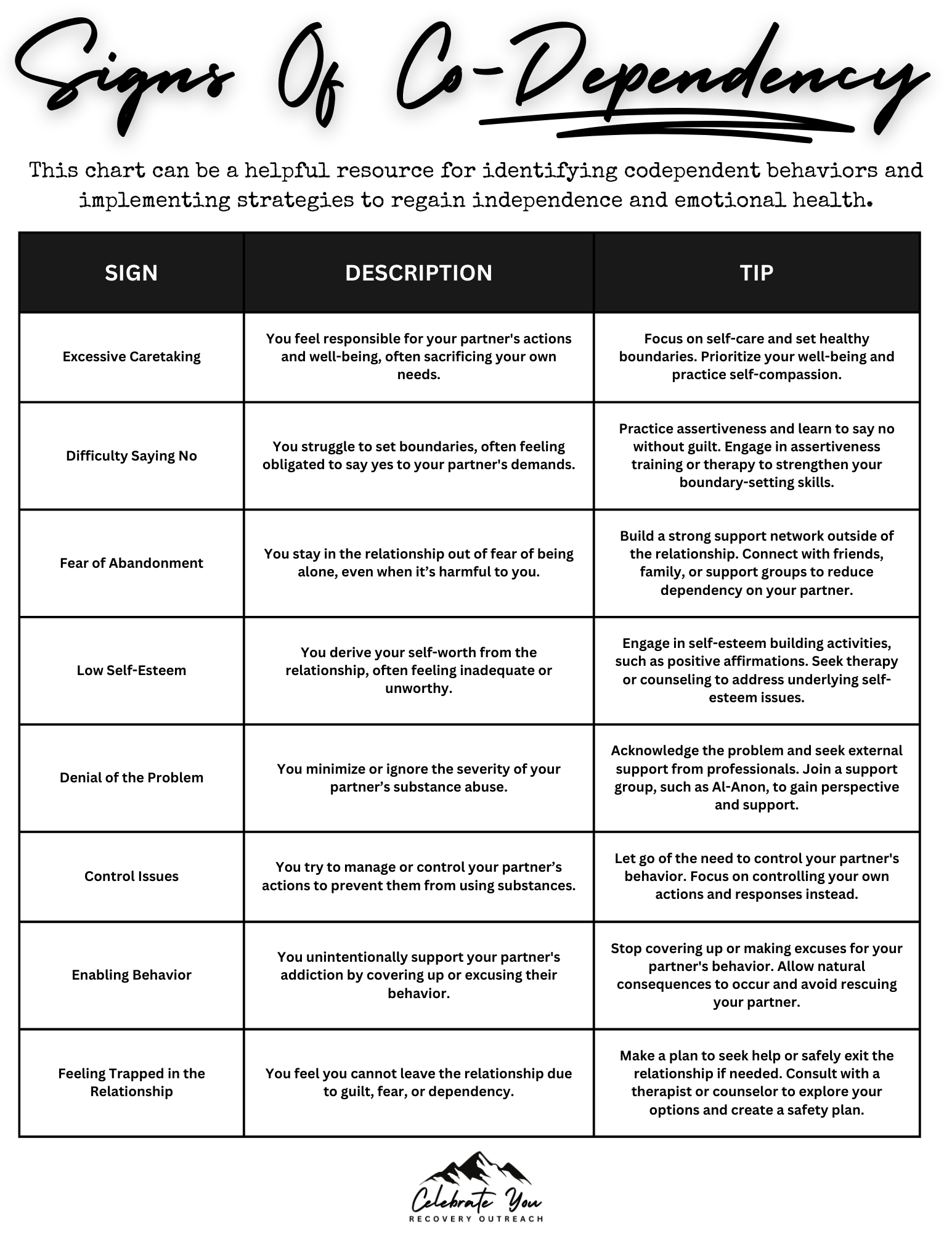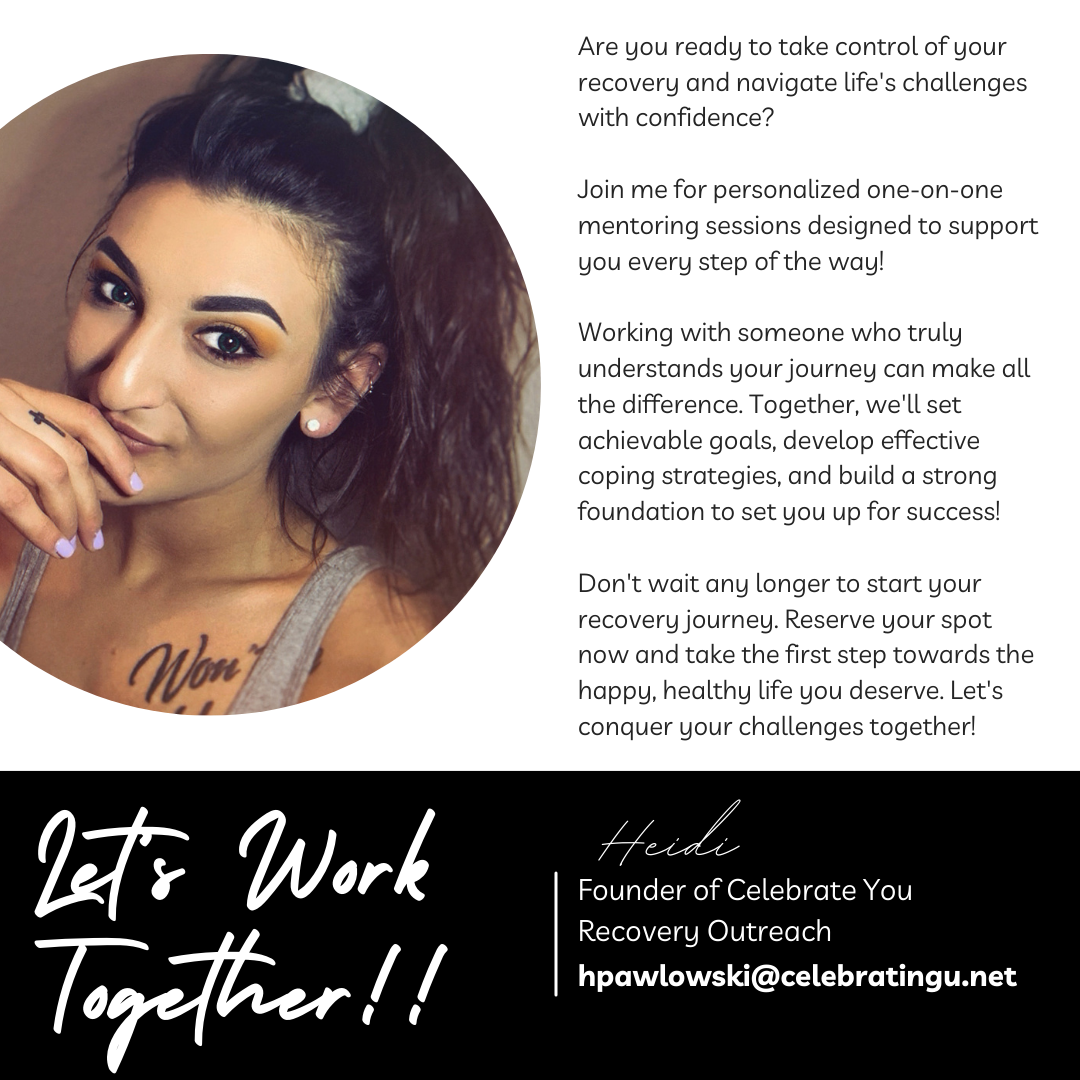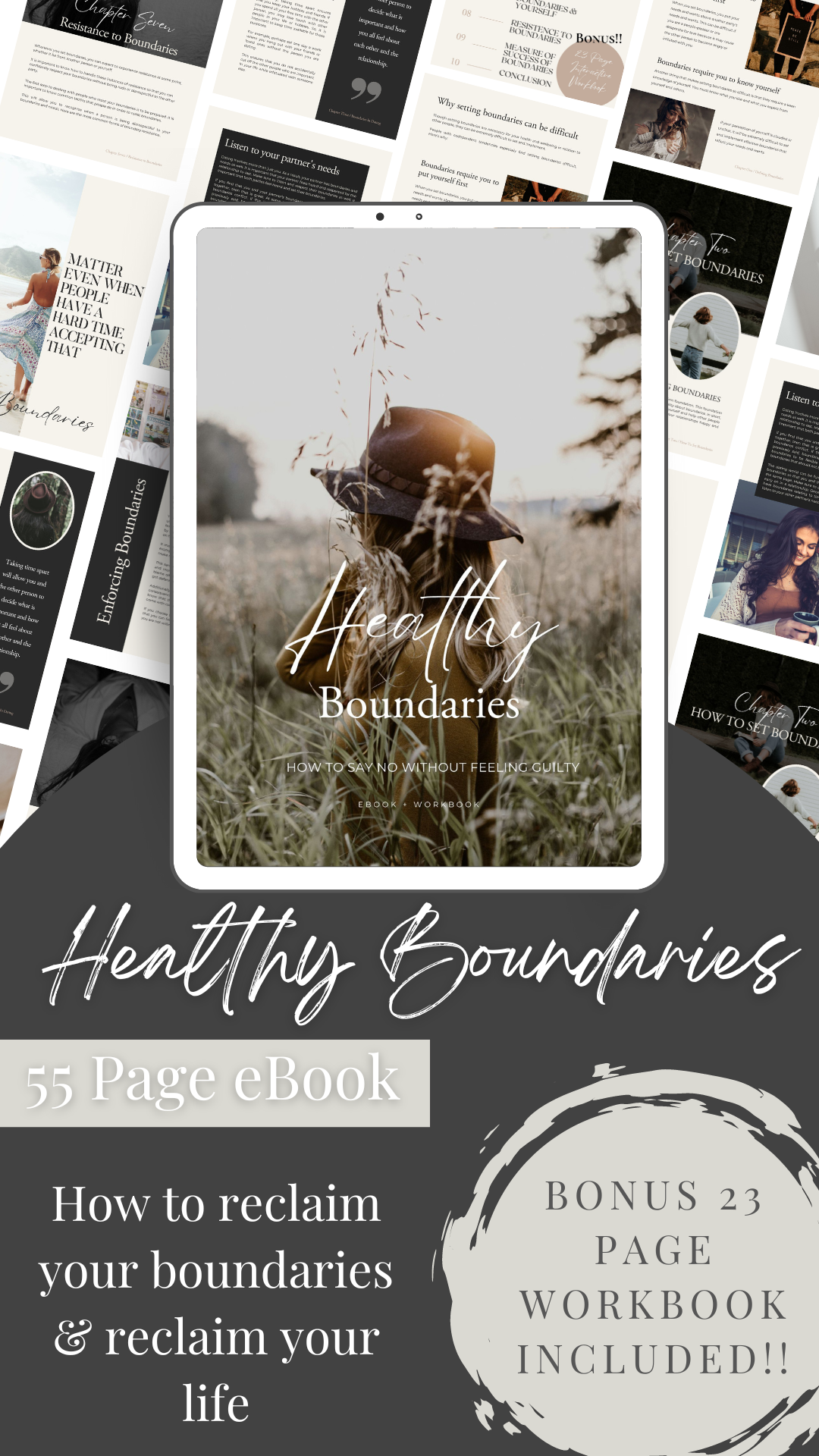Breaking Free From Codependent Behaviors
Codependent relationships have been a painful yet transformative part of my life. Looking back, I can see how they were deeply intertwined with my struggles with addiction, shaping my relationships and behavior patterns in ways that were incredibly destructive—not just to me, but to those around me.
What is Codependency?
Codependency is an often misunderstood concept, especially in the context of addiction recovery. At its core, codependency refers to a behavioral pattern where one person excessively relies on another for emotional support and validation. This dependency can become particularly pronounced in relationships involving addiction.
Codependency typically involves an imbalanced relationship where one person's needs and desires are subordinate to the other's. This can manifest as enabling behaviors, such as covering up for the addicted person, making excuses for their behavior, or taking on their responsibilities. The codependent individual often derives their sense of worth and identity from their role as a caretaker, leading to a cycle of unhealthy dynamics.
On the other side, codependency can present itself when the addicted person relies on a spouse, partner, or individual for means of validation, purpose, or means of taking care of themself.
Codependency does not only reside within relationships that substance abuse is present. There are other common occurrences that can trigger and contribute to forming such a profound attachment style.
The Relationship That Almost Destroyed Me
One of the most significant examples of my codependency was with my oldest daughter’s father. We were both drowning in our own substance abuse issues, yet I clung to him with an intensity that was more about survival than love. He didn’t treat me well—emotionally or physically—and deep down, I knew that. But I couldn’t let go. My self-worth was so entangled with the need to fix him, to be the one who could save him from his demons, that I lost sight of my own.
The longer I stayed, the worse things got. My inability to walk away didn’t just prolong my suffering; it enabled his behavior and allowed him to avoid facing his own issues.
In the end, we both spiraled deeper into our addictions, feeding off each other’s pain and toxicity. The relationship left me with deep scars, but it also gave me invaluable lessons.
It was a stark reminder of how holding on too tightly can suffocate not only the relationship but also any chance of recovery or growth for both parties involved.
My Codependency with My Father
Another significant relationship in my life where codependency played a huge role was with my dad. Growing up, he was my rock, the person I could always turn to. But this also created a dynamic where he unknowingly enabled my addicted behaviors. I relied on him to bail me out of trouble, to take care of things when I couldn’t, and to provide the emotional support that I was too afraid to seek within myself.
My dad, wanting to protect me, often stepped in to solve my problems, never realizing that this was reinforcing my inability to take responsibility for my own life. I wasn’t facing the consequences of my actions, and in doing so, I was depriving myself of the opportunity to learn and grow.
This cycle repeated itself for years, both during my active addiction and even once I got sober. It was a pattern that kept me stuck, unable to move forward in my recovery because I was still leaning on someone else to fix things for me.
The Repetition of Destructive Cycles
These codependent behaviors didn’t disappear overnight. Even after I got sober, I found myself repeating these cycles in different ways. Whether it was clinging to unhealthy relationships or relying on others to make decisions for me, the underlying issue was the same: I hadn’t learned to trust myself or my ability to navigate life on my own terms.
The first step in breaking these cycles was pinpointing the problem. I had to take a hard, honest look at my relationships and recognize the unhealthy patterns that had been there all along. It wasn’t easy to admit that I was part of the problem, but it was necessary. I had to understand that by holding on so tightly to others, I was avoiding the real work I needed to do on myself.
Breaking Free
Once I identified the codependent patterns in my life, I was able to start breaking free from them. This meant setting boundaries, learning to say “no”, and most importantly, learning to trust myself.
It meant facing the fear of being alone, of not being needed by someone else, and realizing that my worth wasn’t tied to how much I could give or fix someone else.
When you fail to show yourself love fully, your choice in partners, friends, and relationships, tend to mirror that. As I have grown, both personally, and within my recovery, I would never tolerate or revisit someone of the bonds I once glorified and obsessed over. Not ever.
Breaking these cycles was one of the hardest things I’ve ever done, but it was also one of the most liberating. It allowed me to rebuild my life on a foundation of self-respect and independence, rather than fear and dependency.
It taught me that real love—whether for others or myself—isn’t about holding on for dear life, but about letting go and trusting that we can all stand on our own two feet.
Today, I continue to work on these patterns.
By recognizing and addressing my codependent tendencies, I’ve been able to create healthier, more balanced relationships in my life, and most importantly, I’ve learned to trust in my own strength and resilience.
Steps to Break Free from Codependent Behaviors
1. Acknowledge the Problem
The first step in breaking free is recognizing that codependent behaviors are present. Reflect on your relationships and identify patterns where you’ve prioritized others at the expense of your own needs. Awareness is the foundation of change.
2. Reconnect with Yourself
Codependency often leads to a loss of identity. Spend time rediscovering your interests, values, and goals. What brings you joy? What are your needs and desires? Journaling or engaging in hobbies can help you reconnect with who you are outside of your relationships.
3. Set Healthy Boundaries
Learning to say no is essential. Start by setting small boundaries and communicating them clearly. Remember, boundaries are not about controlling others—they’re about protecting your own well-being.
4. Practice Self-Care
Prioritize activities that nurture your physical, emotional, and mental health. Exercise, meditation, and spending time with supportive friends can help you feel grounded and empowered.
5. Let Go of Control
Codependency often involves a desire to "fix" or control others. Accept that you cannot change anyone but yourself. Focus on your own growth and trust that others are responsible for their own actions and emotions.
6. Seek Support
Breaking free from codependency is challenging, but you don’t have to do it alone. Consider working with a therapist, joining a support group, or seeking guidance from a mentor to help you navigate this journey.
7. Embrace Healthy Relationships
Surround yourself with people who respect your boundaries and encourage your independence. Healthy relationships are built on mutual support, trust, and respect—not dependence.
This journey requires courage and honesty, but the freedom and peace you’ll find on the other side are worth every step.
You got this shit.
I invite you to reflect on your own experiences with codependency. Have you found yourself in similar patterns, whether in relationships, family dynamics, or even with friends? What steps have you taken—or do you feel ready to take—to break free from these cycles?
Please share your thoughts in the comments below. Your story could be the inspiration someone else needs to take their first step toward healing. Remember, we all have the power to learn and grow from one another, and by sharing our journeys, we can create a community of support and understanding. Together, we can overcome these challenges and build healthier, more fulfilling lives.
If you are looking for additional help when it comes to co-dependency issues feel free to utilize some of the resources provided by Celebrate You!
If are interested in 1:1 support and would like the opportunity to work side by side with me while navigating these challenges, I would love nothing more than to go on this journey with you! Reserve a spot and sign up for a free discovery call. Let's get connected ! Click the link below!
If you’re looking for extra guidance on setting healthy boundaries, I encourage you to check out our Setting Healthy Boundaries ebook. This valuable resource is designed to help you navigate the challenges of establishing and maintaining boundaries, which is crucial in overcoming codependency. Whether you’re struggling to say no, or finding it difficult to protect your own needs, this ebook offers practical advice and exercises to empower you in creating healthier relationships.






